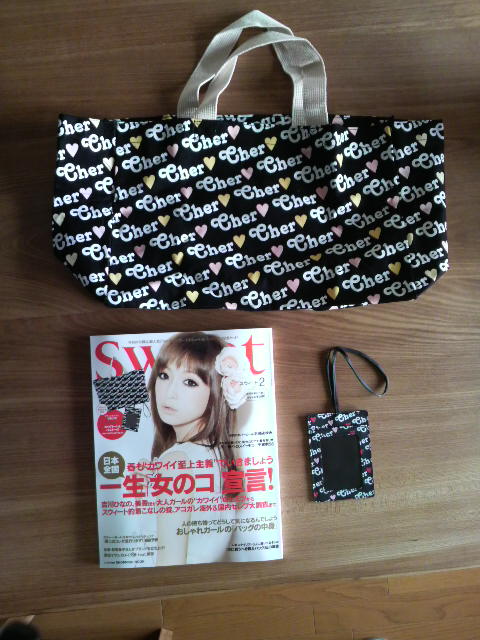First of all, this question is highly related to the recent question:
「つく」=「付く」 (「就く」 has nothing to do with it.)
「つく」, in this context, means "to come with"
「まで」, of course, means "even".
「[付録]{ふろく}」 means a "freebie/present that automatically comes with the purchase of a book/magazine" in this context. (The kanji 「付」 is in it; It's all in the name.)
Thus, the sentence is saying that the January issue of this magazine "even comes with a present, so you have no choice but to buy a copy!".
(In case you did not know, some Japanese magazines come with pretty good free presents and quite a few people buy those magazines for the presents rather than for the magazines themselves.)
[Below] If you could get that cool-looking tote free for buying a copy of the magazine, would you be able to resist it? I would not be!

(source: seesaa.net)
